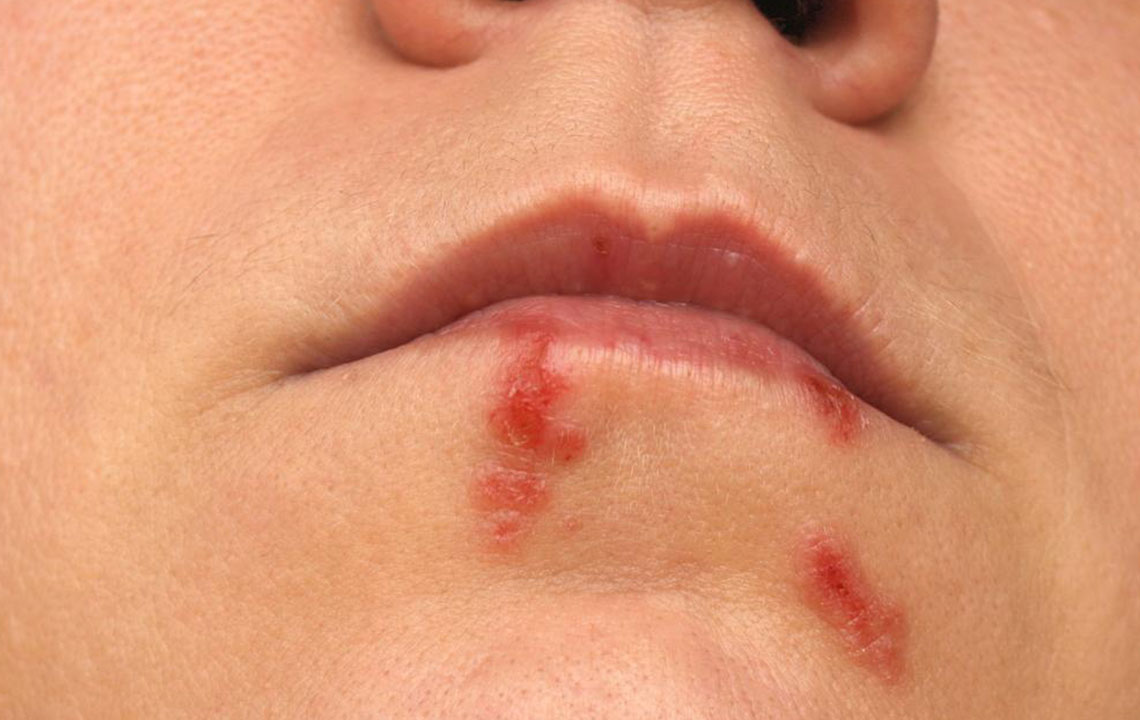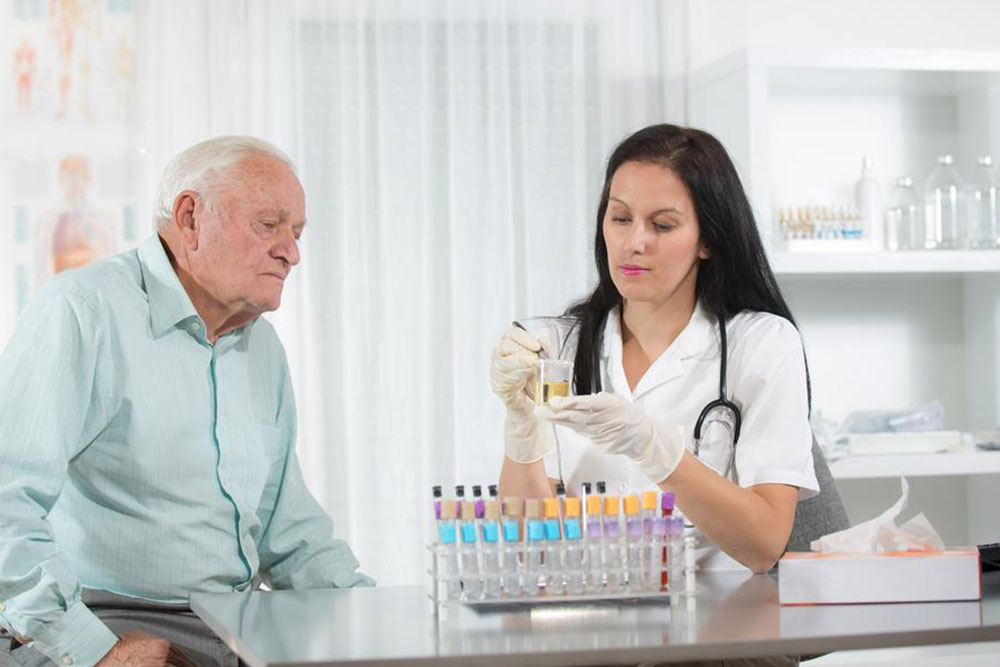Effective Strategies to Prevent Herpes Transmission
This article discusses practical methods to prevent the spread of herpes, emphasizing safe sexual practices, proper sore care, hygiene, and open communication. It highlights the importance of abstaining during outbreaks and maintaining hygiene to reduce transmission risk, especially for infected individuals and their partners. Educational guidance aims to promote awareness and health safety for those managing herpes infections.

Effective Strategies to Prevent Herpes Transmission
Herpes is a highly contagious skin infection characterized by sores that can take time to heal. Many individuals and couples successfully manage the condition, reducing the risk of transmission through mindful precautions. Avoiding sexual activity during outbreaks, using protection, and maintaining open communication are key steps to prevent spreading herpes to others. Proper care of sores, good personal hygiene, and minimizing contact with vulnerable groups like children also help manage risk effectively.
For partners: Applying a lubricant during sex can reduce irritation, and it’s best to abstain from sex during active outbreaks. Always inform your partner about your condition to protect both of you.
Avoid touching sores: Refrain from direct contact with herpes sores, especially in genital areas, as they are highly contagious. Wait until sores heal completely before resuming contact, and wash hands immediately if touched.
Limit contact with children: If you have herpes, minimize physical contact with children to prevent transmission.
Maintain hygiene: Keep personal hygiene high, avoid excessive sweating, and wear loose, breathable clothing. Cover sores and wash hands frequently to reduce risk.
Higher susceptibility to HIV infection exists among herpes-infected individuals; co-infection increases transmission risks to partners and children. Taking precautions is vital to reduce disease spread.










